LARA’s Horticulture Program: Growing Knowledge, Food, and Community

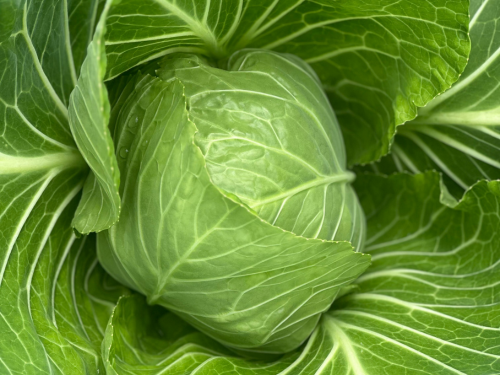
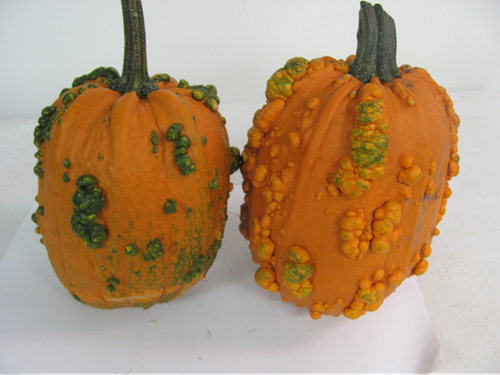
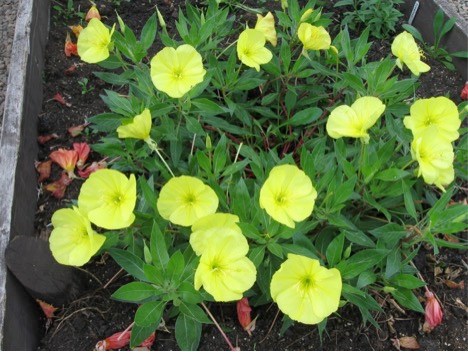
At the Lakeland Agricultural Research Association (LARA), our horticulture program is thriving—and not just with plants. This hands-on, educational initiative connects students, producers, and community members to food systems, soil health, and sustainable growing practices through a diverse range of gardens and demonstration plots.
Our Gardens at a Glance:
Perennial Garden:
A long-term investment in both food and ecosystem health, our perennial garden features hardy crops that return year after year, including sour cherries, currants, cherry plums, and asparagus. These plants offer a strong example of low-input, high-return growing for our climate.
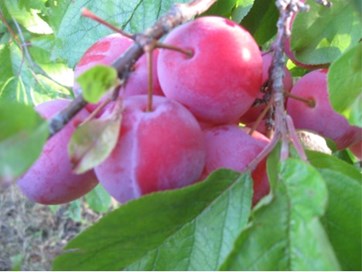

Vegetable Garden – Three Sisters in Action:
This season, our vegetable garden is showcasing the traditional Three Sisters method of companion planting. We’re growing three varieties of corn, several types of squash, and two varieties of beans—demonstrating the synergy of crops that support and nourish each other, above and below the soil.
No-Till Garden:
Established in 2024, in partnership with Kim Ross of Rossdale Farms, our no-till plot focuses on soil health and regenerative practices. Here, we’re growing cabbage, broccoli, zucchini, pumpkins, and squash without disturbing the soil structure—an approach that improves water retention and microbial life.
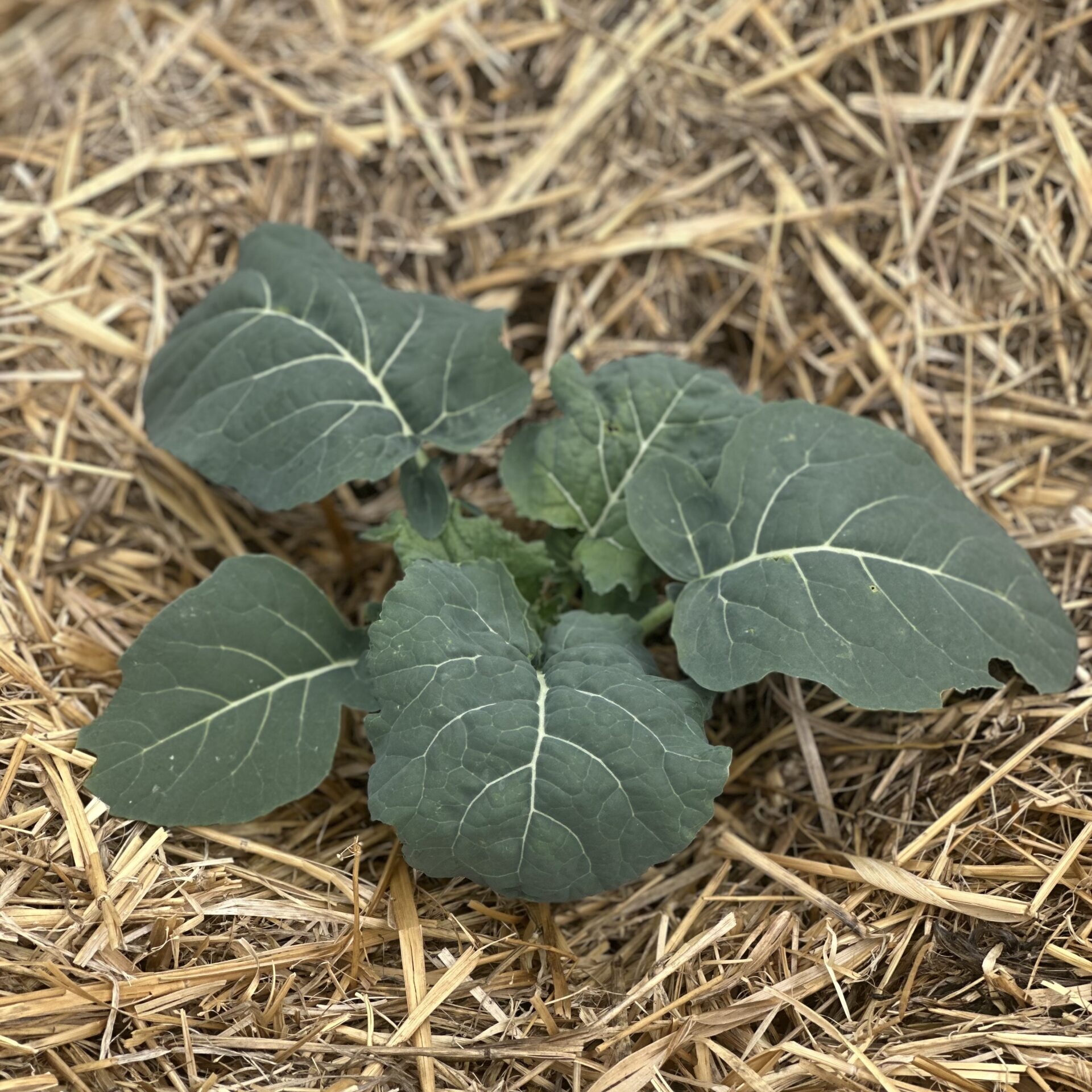
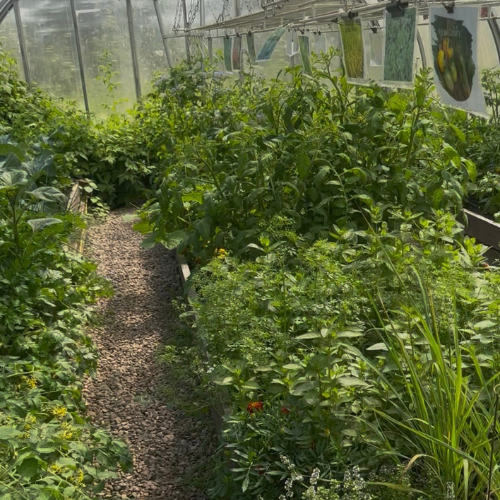
Greenhouse:
Our greenhouse is bursting with life this year! We’ve planted a mix of tomatoes, peppers, onions, melons, broccoli, cabbage, asparagus, herbs, marigolds, and borage. The inclusion of flowering plants like marigolds and borage helps us naturally attract pollinators and beneficial insects while repelling common garden pests. Before planting, we enriched our beds with compost from ETree Farms in Cold Lake.
Seeds of Purpose
All seeds for this year’s gardens were generously donated by West Coast Seeds through their Planting with Purpose program, supporting our goal to grow both food and food literacy.
Engaging Youth & Community
Our horticulture spaces are more than gardens—they’re outdoor classrooms. From spring planting to fall harvest, we host multiple school groups, children’s summer camps, and feature the gardens in our popular field tours. This spring, the vegetable and no-till gardens were planted with help from the Grade 6 class at Ardmore School, and we’re excited to welcome them back in the fall to share in the harvest. To get involved with our gardening program please click here.
We invite you to follow along with the growing season on our social media channels or stop by during one of our public events to see what’s growing!

